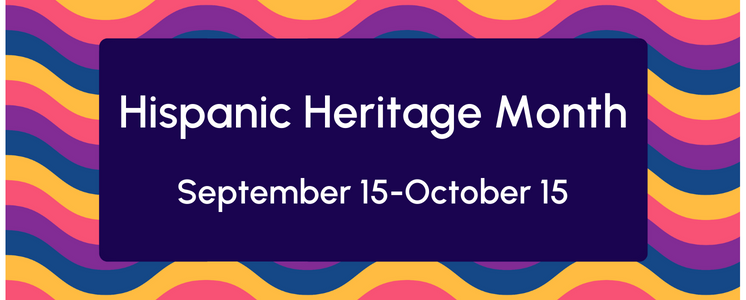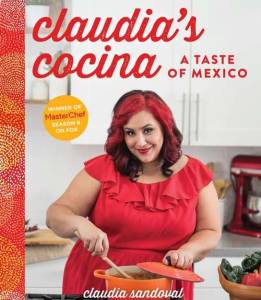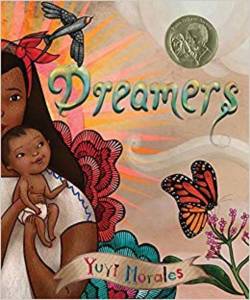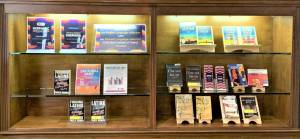
Celebrate Hispanic Heritage Month
Martin Library’s Member Services’ newest event is the Hispanic Heritage Month reading challenge in Beanstack. It runs from September 15–October 15. Check out our reading lists online and sign up for a free Beanstack account if you haven’t already. There’s something for everyone!
 HHM Cookbooks |
 HHM Teens and Adults |
 HHM Children’s |
Many of our selections are available in both English and Spanish. Be sure to visit Martin Library’s Spanish Language collection, located on the 2nd floor around the corner from Teens. This is a diverse and growing collection that includes everything from romance novels to feature films. Let us know if you have a suggestion for more items.

Defining “Hispanic”
Before you dive in, you may be wondering what “Hispanic” even means. That’s an excellent question! The terms we use in the United States to describe a resident or guest of the country, who speaks Spanish and/or has Latin American heritage, are not always clearly defined. Maybe you use “Latino” instead of “Hispanic,” or you’ve been told to use “Latinx” or even “Latine.”
Here’s a quick summary of these different terms, and remember—it’s best to ask how someone identifies rather than making assumptions.
- Hispanic: Someone who is a native of, or descends from, a Spanish-speaking country.
- Chicano/Chicana: Someone who is native of, or descends from, Mexico and who lives in the US.
- Latino/Latina: Someone who is native of, or descends from, a Latin American country.
- Latinx/Latine: A gender-neutral term to refer to a Latino/Latina person. Latinx follows English grammar rules, and Latine is a more recent addition to the lexicon–it follows Spanish grammar rules.
See more detailed explanations on these pages from the Exploratorium and the Pew Research Center.
The Pennsylvania Connection
Another misconception about the Hispanic/Latino population in the US and Pennsylvania is that folks with this heritage are recent additions to the neighborhood. For example, perhaps you’ve made friends with the Puerto Rican residents who came to York following the devastation of Hurricane Maria. But Americans with Hispanic and/or Latino heritage have been a part of the United States and Pennsylvania for not just decades, but hundreds of years.
Did you know that the oldest European-established city in the United States is Saint Augustine, Florida—founded in 1565 by the Spanish explorer Pedro Menéndez de Avilés? Saint Augustine was also home to the first legally-sanctioned free black settlement in the US in 1783!

Photo credit: “FILM PHOTOGRAPHY Saint Augustine, Florida”
by TheG-Forcers (Mike – CATCHING UP) is licensed under CC BY-NC-ND 2.0.

Photo credit: “Puerto Rican Day Parade 2007”
by chrisinphilly5448 is licensed under CC BY-SA 2.0.
And did you know that Puerto Ricans in central Pennsylvania have had a long-standing relationship with the Mennonite communities in this area? The photographer Ivette Guzman-Zavala describes this and other Latino experiences in central Pennsylvania in her article detailing her 2017 exhibition “Dutchirican: Latino History in Central Pennsylvania,” at the Suzanne H. Arnold Art Gallery, Lebanon Valley College.
We hope you enjoy completing this Hispanic Heritage Month Beanstack challenge and exploring more about the human experience we are all a part of here in York, Pennsylvania, the United States, and the world. Remember to sign up for a free Beanstack account if you haven’t already. Happy reading!
—Jill Westen, Member Services Librarian at Martin Library
Further Reading
Six Things You Need to Know About Hispanics in Pennsylvania — from PennLive.com
Hispanic Heritage Month resources — from the United States National Archives
Latino Hispanic American Community Center — located in Harrisburg, PA
Hispanic / Latin/x/e/a/o Collections — from the Historical Society of Pennsylvania
